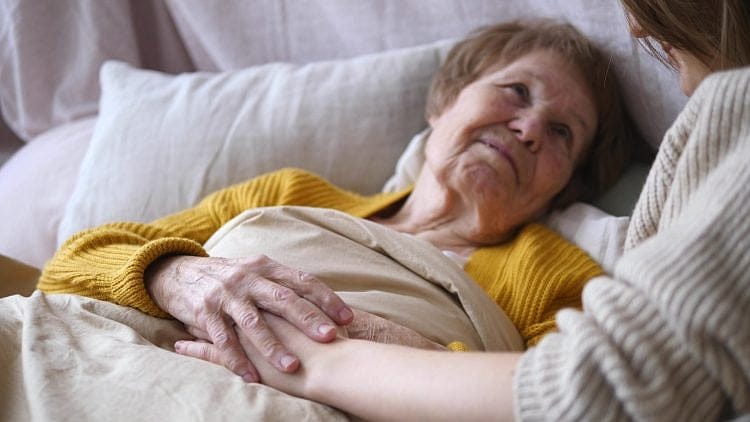Massachusetts Court Decision On Assisted Suicide Respects Liberty and Life

We congratulate the Massachusetts Supreme Judicial Court for resisting the temptation to invent a previously unknown constitutional right to kill yourself with help from a doctor.
As the court notes in its opinion in Kligler vs. Healey this week, physician-assisted suicide belongs to the political process – to state legislators and to the voters.

